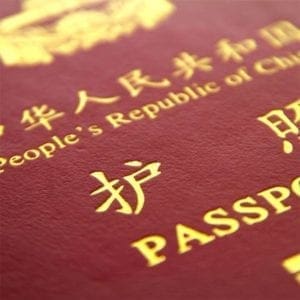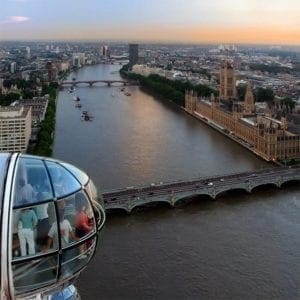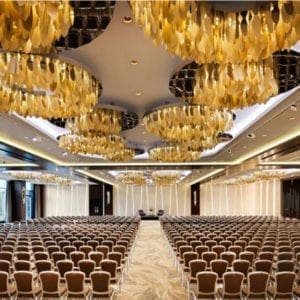 Travel from Asia is booming—and will only increase in the years ahead. According to a recent report from the Boston Consulting Group and TripAdvisor, by 2030 more than 50% of growth in global travel traffic will come from the Asia-Pacific region. As many as 1 billion people from the region could be traveling 15 years from now, creating what the BBC calls “continental shifts … in terms of travel, tourism and spending power.”
Travel from Asia is booming—and will only increase in the years ahead. According to a recent report from the Boston Consulting Group and TripAdvisor, by 2030 more than 50% of growth in global travel traffic will come from the Asia-Pacific region. As many as 1 billion people from the region could be traveling 15 years from now, creating what the BBC calls “continental shifts … in terms of travel, tourism and spending power.”
So how can you connect with this fast-growing market? The new TripBarometer study provides some insights. Conducted on behalf of TripAdvisor by independent research firm Ipsos, TripBarometer is the world’s largest traveler and accommodation survey.1 More than 5,000 travelers and hoteliers across Asia took part; here’s what they said about their 2016 plans.
Travel spending
- One-third of Asian travelers say they plan to spend more on travel in 2016 than they did in 2015—52% because they feel that they and their families deserve it.
- Japanese travelers plan to spend the most of the Asian countries surveyed, with an average travel budget of US $5,600 for the year, followed by China (US$3,600) and India (US$3,100).
Destination choices
- 42% of Asian travelers surveyed choose to visit a country because of its culture and people.
- One in four (25%) has chosen to visit a destination because of a cheap flight.
- More than a quarter (27%) have visited a destination because it was recommended by a friend or relative.
- One in four (25%) visited a destination because of seeing it on television, while 15% said they had been motivated to visit a place by a film they had seen.
Types of activities
- The majority of Asian travelers (76%) plan to try something new in 2016—well above the global average of 69%.
- Popular new activities include solo travel (25%), going on a cruise (21%) and adventure travel (20%).
Essential amenities
- 67% of Asian travelers surveyed said air conditioning is an essential when choosing a place to stay.
- Travelers’ preferences vary when it comes to WiFi, but it’s especially important to Chinese travelers, 60% of whom said they would look elsewhere if in-room WiFi was not offered. 39% of Chinese travelers surveyed said they would not book an accommodation without super-fast WiFi.
- 36% of Asian travelers say they would look elsewhere if an accommodation does not provide a rate-inclusive breakfast or offer a kettle in the room.
PLUS: A look at the hospitality industry in Asia in 2016
- 39% of hoteliers in the region plan to raise their room rates in 2016 (compared with 47% globally).
- Nearly two in three (64%) Asian accommodation owners are optimistic about profitability in 2016.
- 94% of accommodation owners said online reviews are the most important factor for the future of their business.
- 61% of Asian hospitality businesses say that they are planning to invest in staff training in 2016, higher than the Americas (55%) and Europe (38%).
- 1.Methodology: The TripBarometer study, by TripAdvisor, is based upon an online survey conducted from 15th to the 29th of October 2015, conducted by Ipsos, a global research firm. A total of 44,782 interviews were completed in 32 markets, spanning 7 regions. The sample is made up of 34,026 consumers who are TripAdvisor members and website users, and Ipsos online panelists who chose to take part in the survey and have researched their travel plans online in the last year; and 10,756 representatives from accommodation properties who use TripAdvisor free marketing services, making it the world’s largest combined accommodation and traveler survey. In Asia there were 4,708 consumer participants and 1,309 business representatives in the following markets: China, India, Indonesia, Japan, Malaysia and Thailand. The consumer survey data is weighted to represent the known profile of the online population in the markets covered, to keep in line with previous waves of TripBarometer. Equal weighting is also applied at country level for the business survey.













